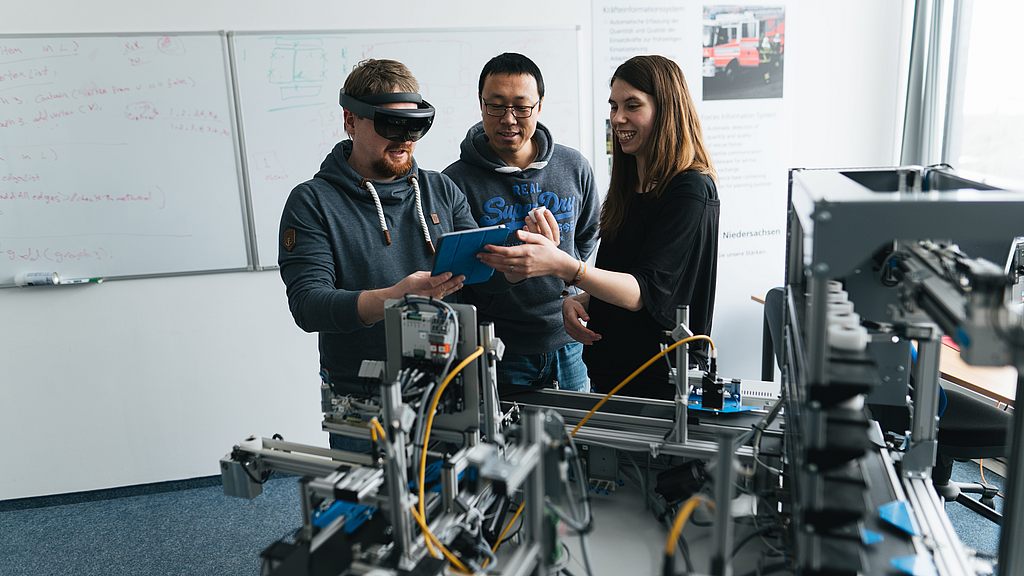CORE: Machine Learning and Cognitive Software
Our research group explores the intersection of artificial intelligence, cognitive computing, and software engineering. Our work focuses on developing machine learning models that enhance cognitive software systems, enabling adaptive, efficient, and interpretable AI solutions. We investigate topics such as neural network architectures, reasoning in language models, and AI-driven decision-making. By bridging theoretical insights with practical applications, our research aims to advance the capabilities of intelligent software systems in diverse domains, from natural language processing to complex decision support systems.
To learn more about our research, current projects, teaching, and publications, please visit our lab website.
